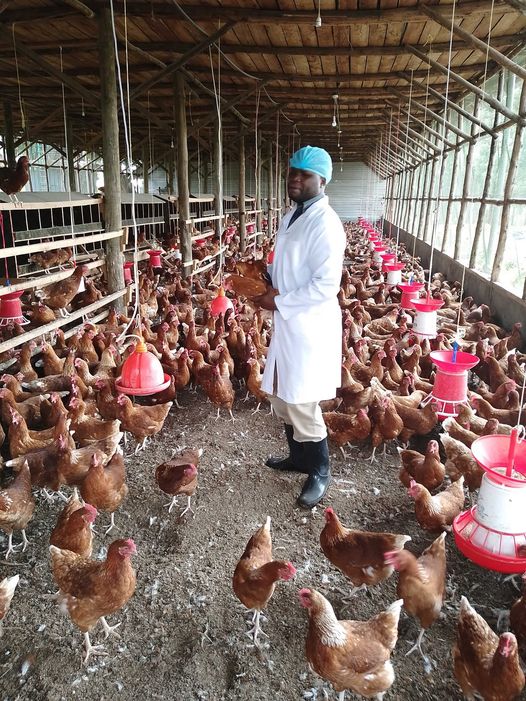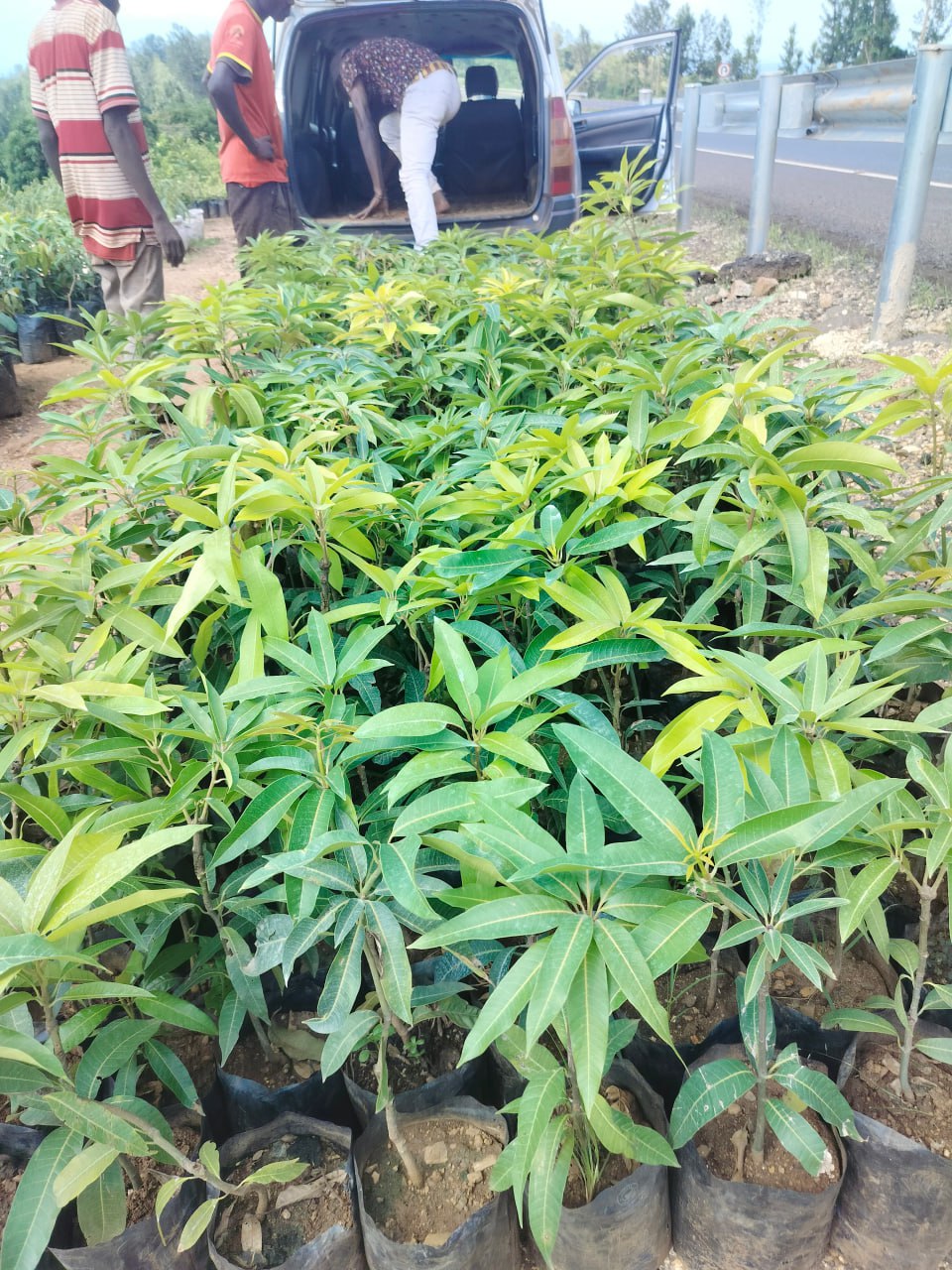There has been a sharp decline in research and development of new seed varieties, a new report has shown.
This is from 106 seed varieties released between 2016-2018 to 41 released between 2019-2021.
This is according to a new report by the Africa Seed Access Index, which sought to assess the structure and economic performance of Kenya’s formal seed sector in 2021.
The report shows that between 2016-2018, 106 varieties including 73 maize varieties, seven bean varieties, four cowpea and 22 sorghum varieties were released.
However, the number has declined to 41, that is 35 maize varieties, five beans and one sorghum variety between 2019-2021.
Michael Waithaka, a researcher at TASAI said although the decline has been across the four focus crops, fewer cowpeas and sorghum varieties have been released over the years and hence the existing varieties are old.
“We focused on maize, beans, sorghum and cowpeas because maize and dry beans are the most important food crops that feed more than 85 per cent of Kenyan households,” he said during an interview with the Star.
“Cowpea and sorghum are important crops in the arid and semi-arid land though green grams have been gaining popularity.”
He said the seeds are not suitable in the formal seed market considering the prevailing agronomic and consumer needs in Kenya.
Waithaka added that the study indicated that Kenya’s public extension was considered poor because there were few extension officers, who did not support the seed sector activities such as the commercialisation of new varieties.
He however said there was an increase in the number of extension agents employed by private seed companies.
“The number of private seed inspectors increased, but the Kenya Plant Health Inspectorate Services needs more funding to hire more public inspectors for enhanced service delivery,” Waithaka said.
The report further showed that the number of counterfeit seed cases reported to seed companies or to the government declined since 2017.
But seed companies said the government can do more by educating farmers on how to use the sticker labels.
“In addition, there is a need to review the Seeds and Plants Act of 2012 to make the fines for offenders more punitive,” the report stated.
https://www.the-star.co.ke/news/star-farmer/2022-11-16-kenya-records-decline-in-variety-breeding/





